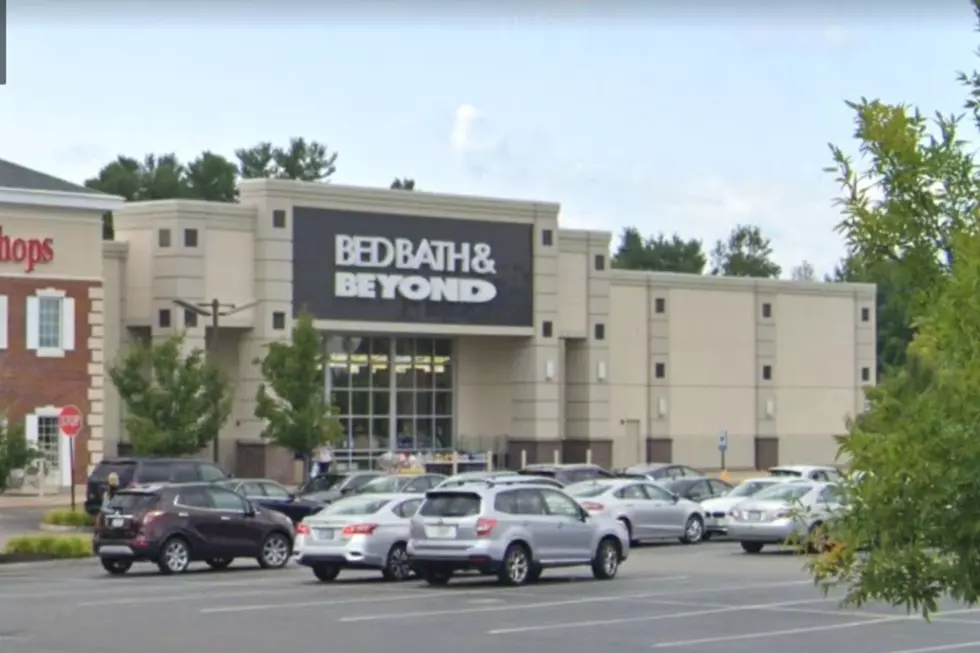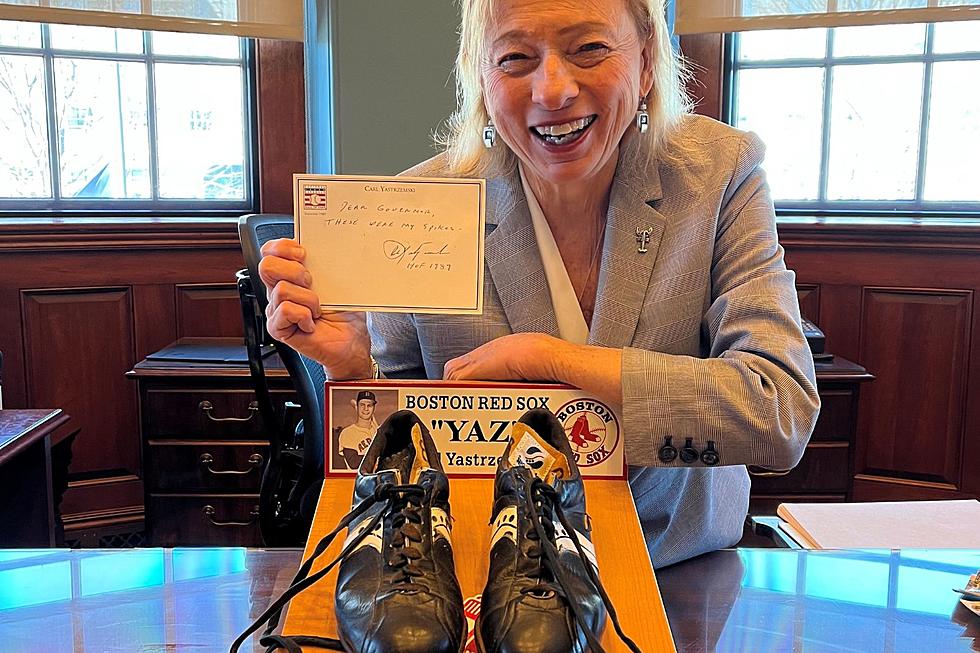Wentworth-Douglass Nurses Thank Community for Pandemic Support
From the early days of the COVID-19 pandemic, hospitals became filled with patients, often to capacity conditions. Many of these patients showed their appreciation for the staff and their dedication and care.
Cards and notes were received daily and filled with words of appreciation for the care received. There were also deliveries of food, balloons, and other gestures of support.
The critical care nurses at Wentworth-Douglass Hospital in Dover wanted to show their appreciation and how much it meant to them, and put together a video titled "Critical Care Says 'Thank You.'" Each staff member spoke candidly about their experience during the pandemic, while the video shows images from inside the hospital during the pandemic.
How to Tell the Stories
The video was the idea of Michele Clark, Nurse Manager of the Critical Care Unit, and brought to life by Doug Moon, a Peabody Award-winning visual storyteller who in 2022 became Mass General Brigham's video producer after over 20 years in journalism. Most recently, he was at WHDH TV in Boston.
"My team had talked a lot about how to say thank you, and it really was quite daunting and overwhelming talk to figure out how do we say 'thank you' to the multitude and diverse numbers of people that came from everywhere across the organization and the community during that time," Clark told Seacoast Current.
In Their Own Words
One of their concerns was missing a person or a group and not being able to use their own words.
"The staff also wanted to tell their story from the hearts of team and the staff at the bedside. It was most important that this thank you come from their voices," Clark said.
Clark said she spoke to Moon when he was in the Critical Care Unit on another project about the idea and the concerns. It was Moon who came up with the idea of how to make the idea a reality, which had Clark's complete support.
"They were at the bedside day in and day out, and to hear those stories was much more powerful. I felt really comfortable that Doug had free license and freedom to choose how it would be expressed back," Clark said.
Ironically, during the pandemic, Moon worked on non-pandemic projects at WHDH and has only been with Mass General Brigham since January.
"I didn't go through the pandemic with this team, but I heard the stories and I saw their reactions to it. Maybe having outside perspective helped me dig into it. It was so commonplace for them to be dealing with COVID and the stress of COVID. They all knew the little stories of what happened,"
Moon said that the pandemic had become part of the nurses' daily routine to the point that they minimized what they experienced.
"When they told me interesting little stories about it it made me want to ask follow up questions and amplify what they were telling me, and they were just passing it off," Moon said. "The instances of people just dropping everything and chipping in to help, you don't see that in a lot of places."
A Therapeutic Experience
Clark said that those who took the opportunity to tell their stories found it therapeutic, even those whose stories didn't make the final edit like her own.
"Regardless of whether my story was told in the video, I was extremely honored and humbled to be able to see the stories that were chosen and how Doug put that together. I think all of the staff after they saw the video felt just really great about the people in the video and well-represented, both as far as how the experience was as well as saying 'thank you' and our sincere appreciation to all that helped us," Clark said.
Clark said the support from the community was incredible, but it was the notes and cards that meant the most to her staff. When members of the staff were emotionally down because of a loss or an unexpected situation, they acted as a real pick-me-up.
"We had notes from children. We had notes from parents. We had notes from church groups. We had notes from our colleagues in women's and children's who experienced this on such a small level and did not experience the loss. We hung them everywhere," Clark said. "And the thoughtfulness of what people wrote and how they sent it and what they acknowledged I think was so powerful."
Contact reporter Dan Alexander at Dan.Alexander@townsquaremedia.com or via Twitter @DanAlexanderNH
Trending Stories for Seacoast Current (August 22-28, 2022)
More From Seacoast Current








